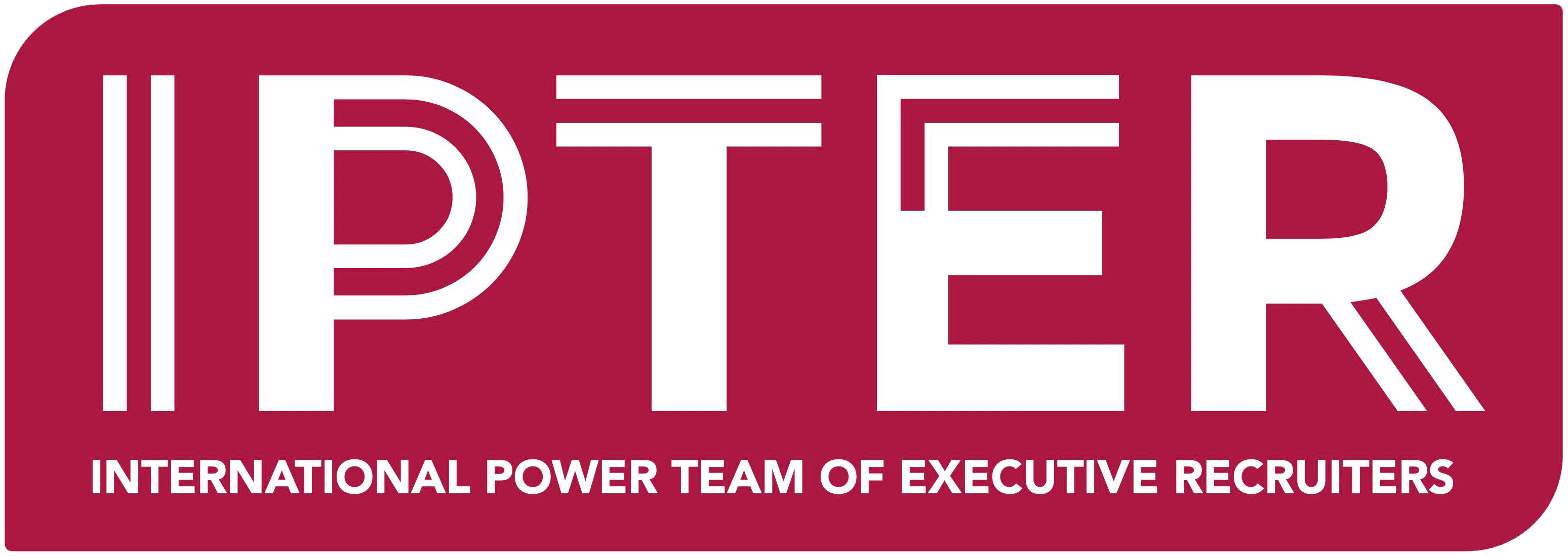
Studies have proven time and time again that when employees feel
appreciated and recognized for their contributions, they tend to be
more motivated, engaged, and committed to their work.
Ultimately, having a robust recognition plan leads to increased
productivity and profitability for the organization.
And yet.
According to a recent Gallup poll, only one in three employees agree
that they received recognition or praise for doing good work in the past
seven days.
Given the benefits to both employees and employers, why aren’t more
companies practicing recognition?
One of the reasons is that formal recognition programs tend to be
costly or time-consuming, i.e., yearly performance reviews or bonuses.
But interestingly, what has proven to be far more impactful and less
costly are the “ micro messages and nudges ” that leaders provide to
employees.
Positive and genuine recognition, given “at the moment,” has the most
profound impact on employee performance and, in turn, reinforces
more positive behaviours.
In this blog post, we will delve deeper into the importance of
recognition in the Workplace and explore some practical ways you can
implement it.
Why is recognition important?
Recognition, at its core, fulfills a basic human need. At the core of this
the need is a strong desire to feel valued, appreciated, and acknowledged.
Recognition is so important because it meets that core basic human
need for both the employee and the manager.
According to psychologist Abraham Maslow, recognition is one of the
five fundamental human needs. Not a want, but a need – coming just
after food, safety, and belonging in importance.
Recognition increases employee engagement
Employees who feel recognized and appreciated tend to be more
engaged, committed, and loyal to their organization. Leading to
increased job satisfaction, employee engagement and retention, and
quality of work.
Lack of Recognition increases turnover
On the other hand, when employees feel undervalued, unrecognized,
or ignored, they tend to become disengaged, less productive, and less committed to their work. This leads to high employee turnover rates, lower morale, and decreased profitability.
Recognition fosters a positive work culture.
A positive work culture is one where employees feel supported, valued,
and engaged. Ultimately leading to increased productivity, creativity,
and innovation.
Businesses with policies that focus on employee recognition have
stronger internal cultures and are, therefore, more attractive to
external talent.
Recognition improves employee morale.
One of the most significant benefits of recognition in the Workplace is
its ability to improve employee morale.
Employees who feel recognized and appreciated for their contributions
tend to be more satisfied and motivated to perform at their best.
A recognized and acknowledged person will ultimately feel more
valued, positive, and happy at work.
Effective Ways to implement recognition in the Workplace
Now that we have explored the importance of recognition in the
Workplace, let’s look at some practical ways to implement it.
Create a culture of recognition.
When a company culture prioritizes gratitude and appreciation, it
makes employees want to work and does wonders for employee
engagement.
A culture of appreciation at work occurs when people feel valued as
humans and are recognized for their accomplishments and the goals
they’ve achieved.
To start, companies can encourage employees to recognize and
appreciate each other’s contributions.
Leaders can also model this behaviour by recognizing employees
contributions in meetings, emails, or one-on-one conversations.
Make recognition a formal process.
Making recognition a formal process ensures consistency and equity
across the organization.
The program can be based on specific criteria, such as meeting or
exceeding performance goals, demonstrating teamwork, or showing
innovation.
Provide timely and specific feedback
Be sure to give feedback as soon as possible after the behaviour or
achievement has occurred. Waiting too long can make the feedback
seem less genuine or relevant.
Be specific: Instead of simply saying “good job,” provide specific
examples of what the employee did well and how it contributed to the
team or organization.
An example might be, “You jumped in for the team to help onboard our
new teammates when no one else was available. I appreciate the extra
effort and work you took on to make sure the team was set up for success.”
Be constructive: If there are areas for improvement, provide specific
feedback on how to improve. Avoid being critical or negative and focus
on providing actionable steps to help the employee grow and develop.
“I’ve noticed that you rarely share ideas in big meetings. But in our one-
on-one meetings, you come up with plenty of meaningful and creative
ideas to help solve problems. So, what can I do to help make you more comfortable speaking up in front of the team?”
Be consistent: Make sure to provide feedback consistently, not just
when something goes wrong, or there is a significant achievement.
Regular feedback can help employees stay motivated and engaged.
Be appreciative: Always express appreciation and gratitude for the
employee’s efforts and contributions. Doing this can help build a
positive work environment and encourage continued high
performance.
Recognition can range from a simple “thank you” to more formal
awards and incentives. The important thing to remember is to make
recognition a regular practice rather than a one-time event.
Remember, a little recognition can go a long way in creating a positive
and productive workplace environment!
Are you facing a challenging hire? Want to learn more about AI and
candidate engagement? Let’s chat!

